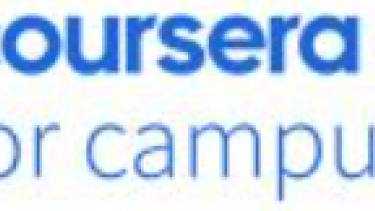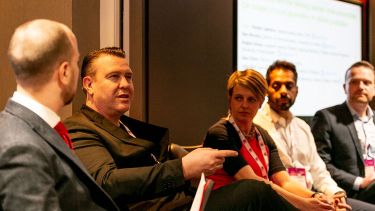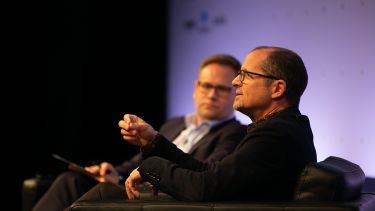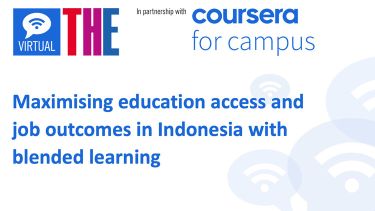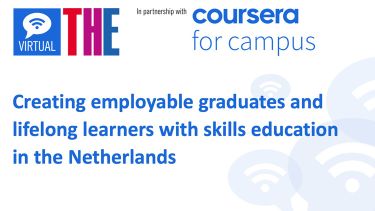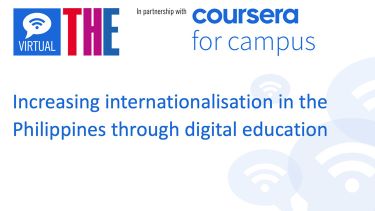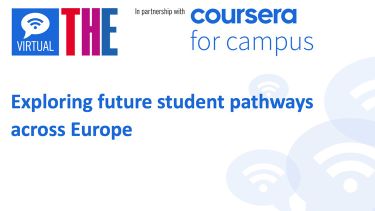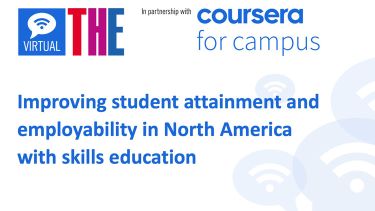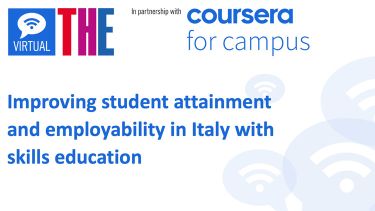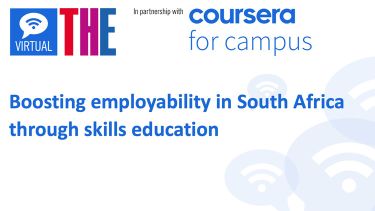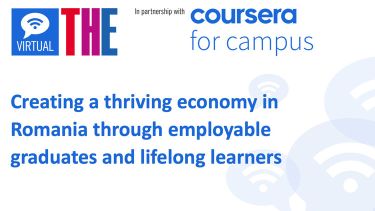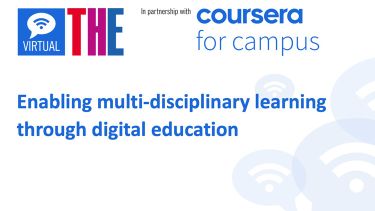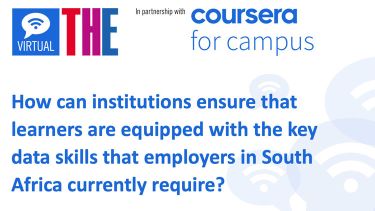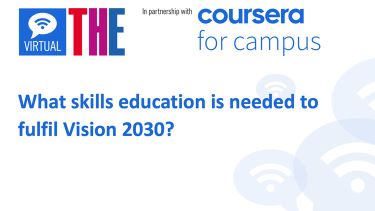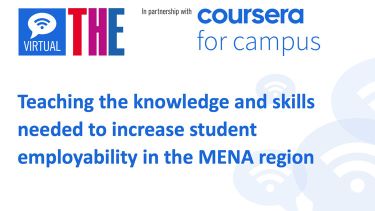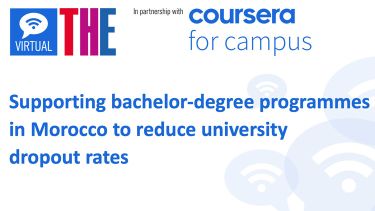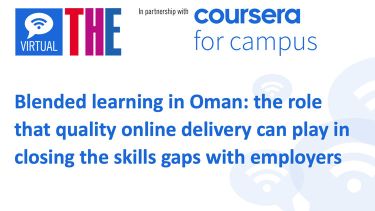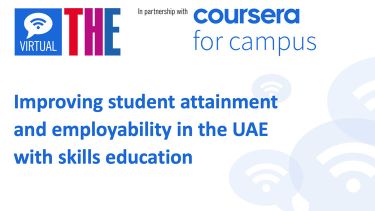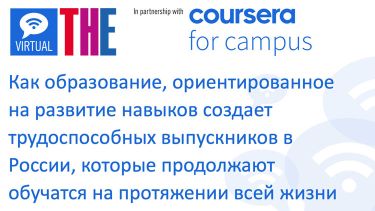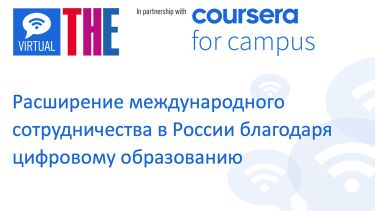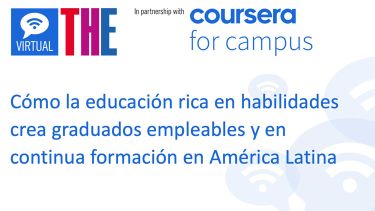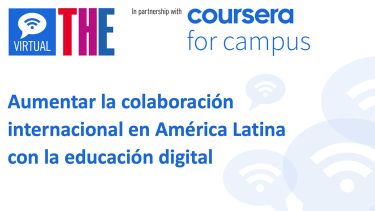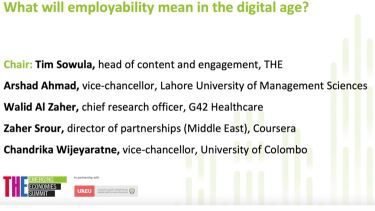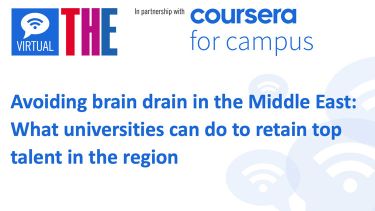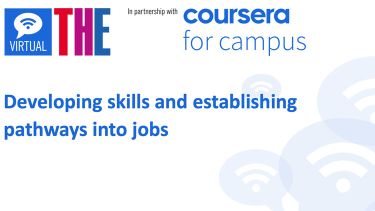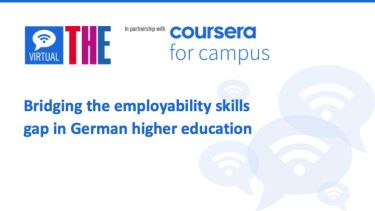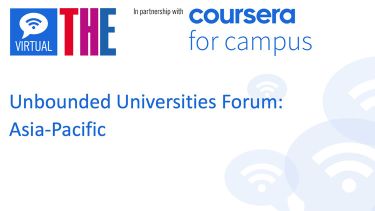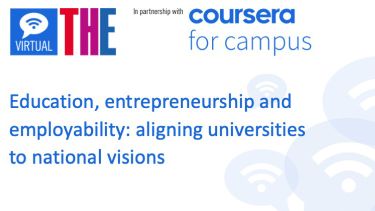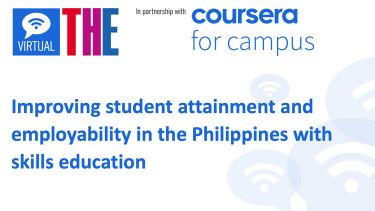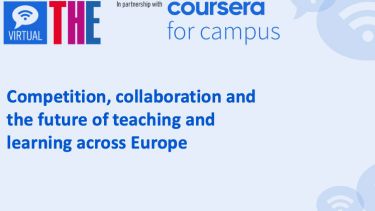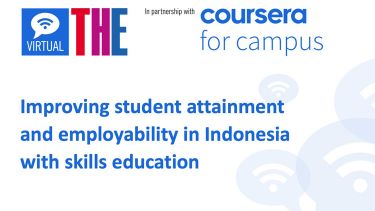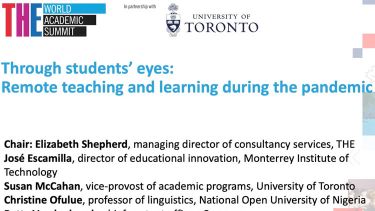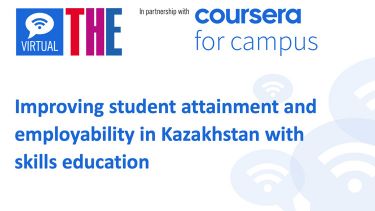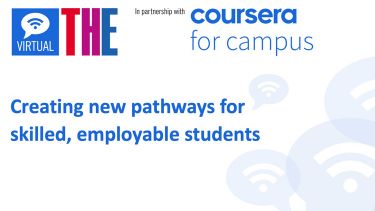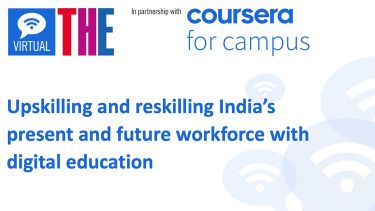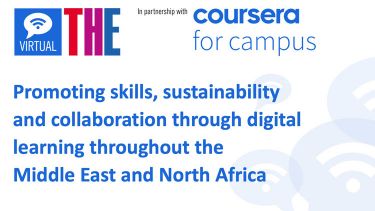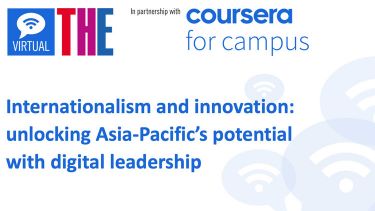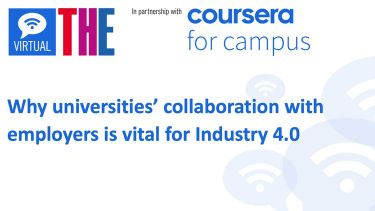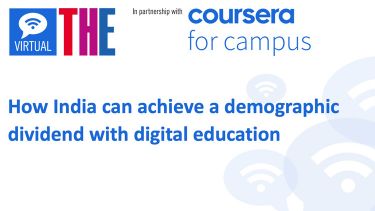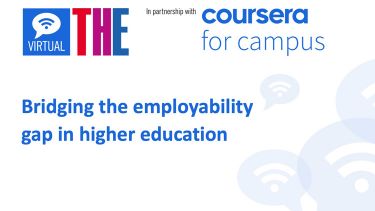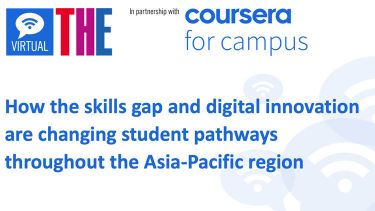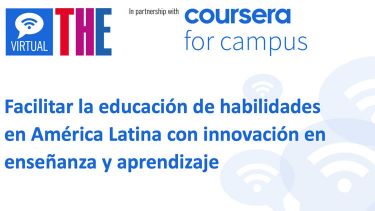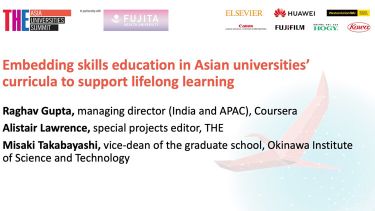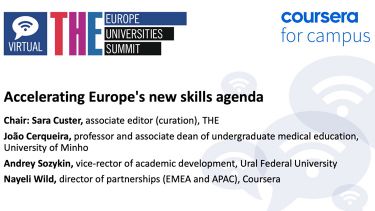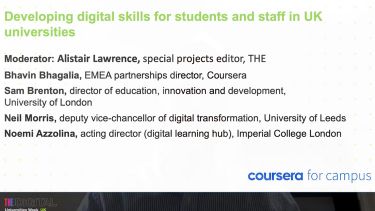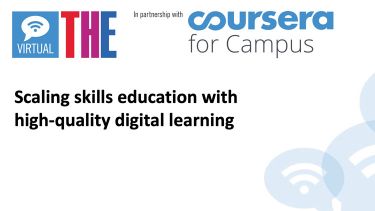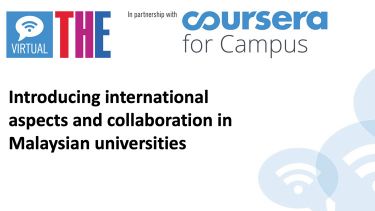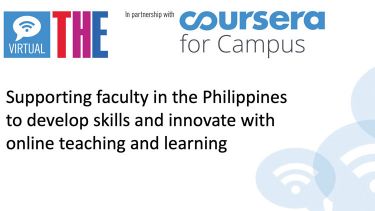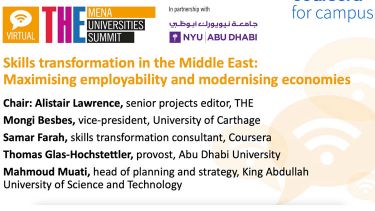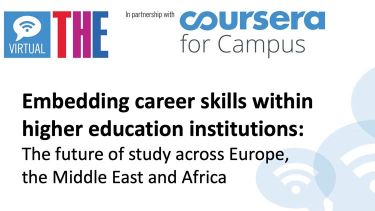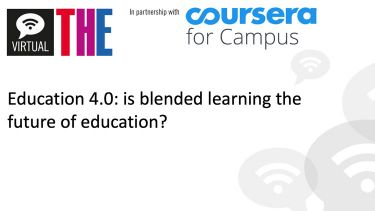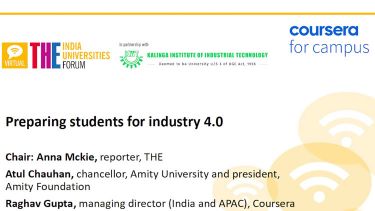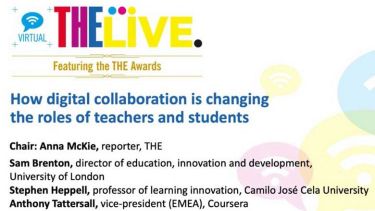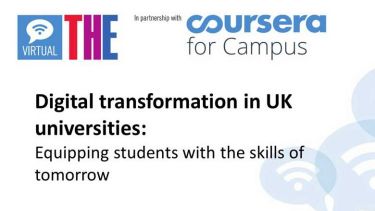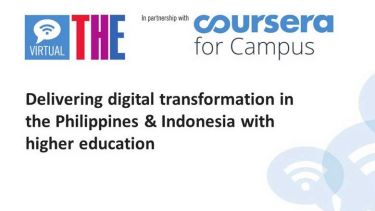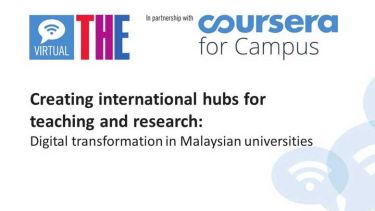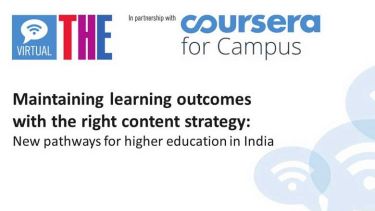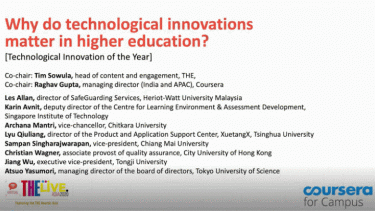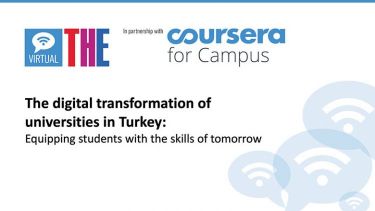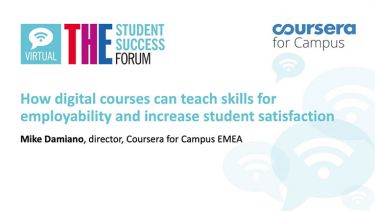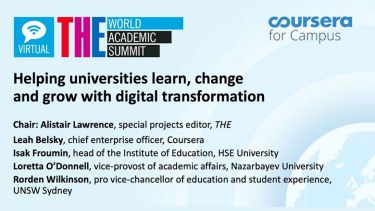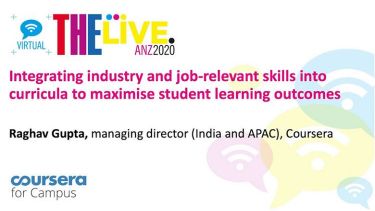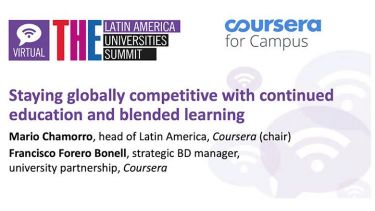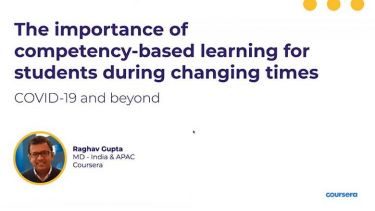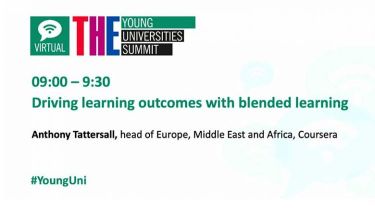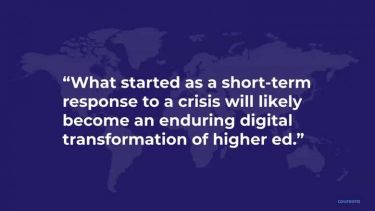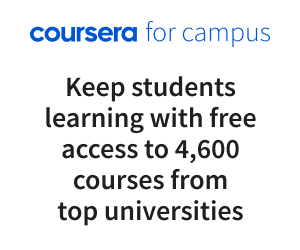As the working world evolves rapidly, graduates need to be able to plug the gaps in their knowledge
Round table held in November 2021.
Universities must engage with industry to ensure that they are producing graduates with the required skills, according to panellists on a Times Higher Education round table, held in partnership with Coursera for Campus.
Institutions need to keep their courses and skills up to date, otherwise students will struggle to find good jobs, Halil İbrahim Bulbul, adviser to the rector at Gazi University, told the panel.
Engaging with industry is a vital way to identify the skills required, the panellists said. Online platforms, such as Coursera, can help plug the gaps in curricula, said Sevcan Turker, director of partnerships at Coursera. “We try to enrich the curricula with these emerging skills and emerging areas with our skills transformation consultants and analysts,” Turker said.
Coursera collaborates with more than 200 leading universities and companies, and each year produces a global skills report. The platform collates the data from its 92 million learners to draw insights on the courses that are in demand and skills employers want. “We are offering hands-on learning through world-class courses from the top universities,” Turker said.
Funda Coşkun, quality coordinator at Bursa Uludağ University, said graduates often have to complete additional courses after they graduate in order to acquire the skills they need to be employable.
Panellists agreed that lifelong learning was becoming increasingly necessary in the modern world. “Lifelong learning is a keyword in a very, very rapidly changing environment,” said Ülkü Gürler, dean of Bilkent University. “Digital facilities, technical facilities, yes, we try to teach them to our students, but then they become obsolete so fast.”
Bulbul said that the role of faculty is also changing because they have to prepare students for this new world of upskilling, reskilling and lifelong learning. “They should [mentor] rather than teach,” he said. “They need to guide them, show them how to find different things… If they [mentor] students, they can work towards self-learning.”
For Sondan Durukanoğlu Feyiz, rector of Kadir Has University, “you cannot use the 19th-century educational model to educate 20th-century people”.
An important aspect of educating modern learners is teaching through projects, Feyiz said. Such experience builds the critical skills that students require in the modern world. Through these projects, students learn “to work in a team as well as to work independently, to do research, to develop original ideas and follow the ideas and, of course, be able to manage their time”.
This creative flexibility should also apply to course design, said Gonca Günay, vice-rector of academic affairs at İstanbul Bilgi University. “The curriculum should provide some type of flexibility to students to choose,” she said.
In a recent survey of their online pandemic experience, İstanbul Bilgi University found that students relished the flexibility and autonomy of online learning. “Of course, [flexibility] gives more responsibility to academic advisors,” said Günay. She likened choosing courses to selecting food: “While some food is tasty, not all of it is nutritious...I totally agree that students need flexibility to choose, but they need a lot of guidance,” she said.
The panel:
- Salih Bayturk, assistant office coordinator, Maltepe University
- Halil İbrahim Bulbul, adviser to the rector, Gazi University
- Funda Coşkun, quality coordinator, Bursa Uludağ University
- Sondan Durukanoğlu Feyiz, rector, Kadir Has University
- Gonca Günay, vice-rector of academic affairs, İstanbul Bilgi University
- Ülkü Gürler, dean, Bilkent University
- Gökhan Silahtaroğlu, director of distance learning centre and dean of business school, Istanbul Medipol University
- Sevcan Turker, director of partnerships, Coursera
- Ashton Wenborn, special projects deputy editor, Times Higher Education (chair)
Watch the round table on demand above or on the THE Connect YouTube channel.
Find out more about Coursera for Campus.


